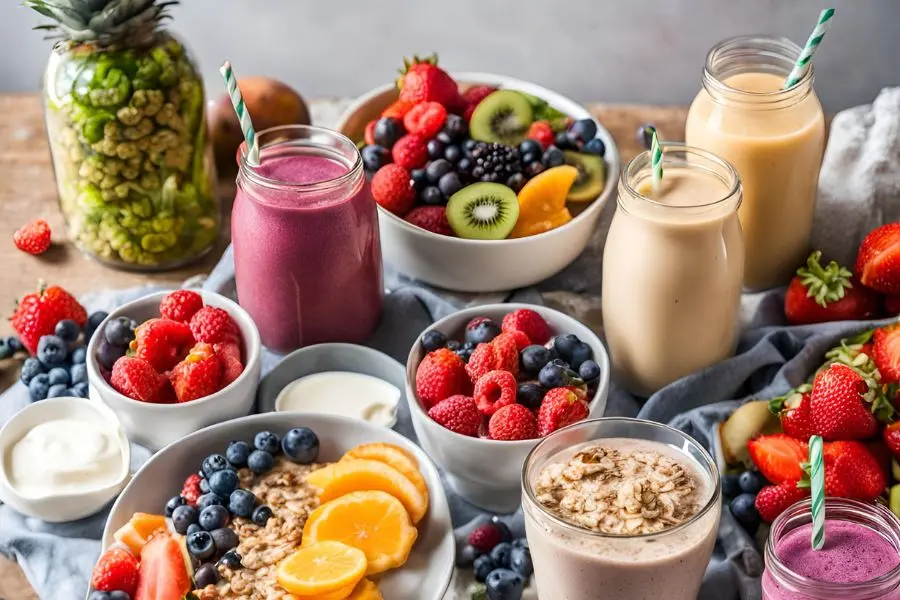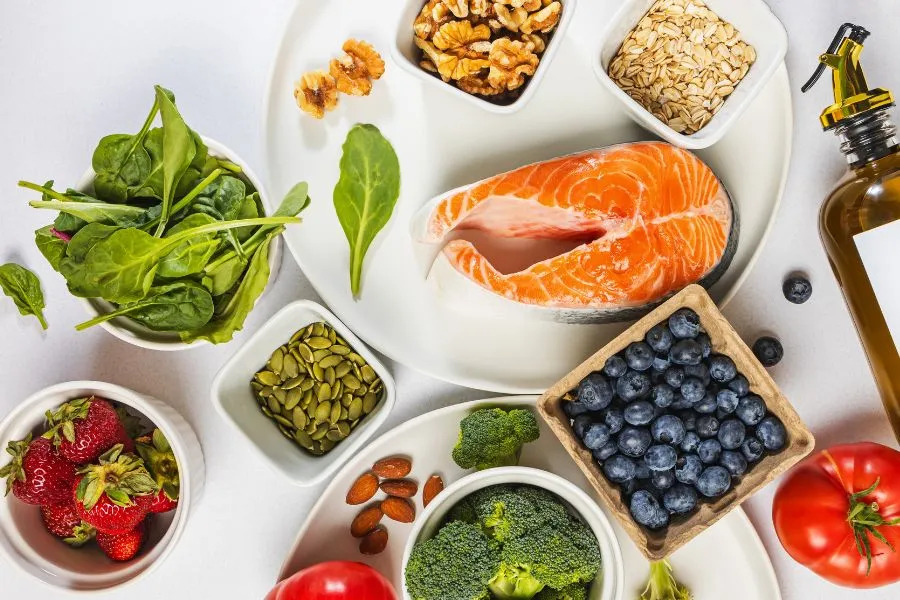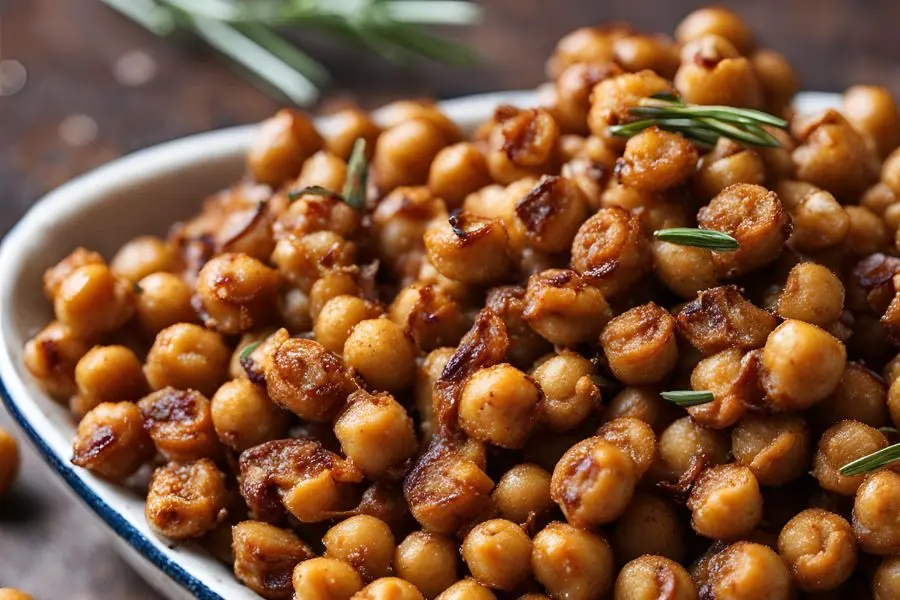We all know the struggle: you finally crawl into bed after a long day of juggling kids, work, and endless to-do lists, but sleep just doesn’t come easily. What if I told you that the secret to a restful night might be hiding in your kitchen? That’s right—micronutrients can play a huge role in improving your sleep quality.
Magnesium: The Sleep Mineral
Magnesium is a superstar when it comes to sleep. This mineral helps relax your muscles and calm your mind, making it easier to drift off. You can find magnesium in foods like leafy greens, nuts, seeds, and whole grains. Consider adding a handful of almonds or a spinach salad to your evening routine to give your body that extra dose of relaxation.
Vitamin B6: Dream Enhancer
Vitamin B6 is another crucial nutrient for sleep. It helps produce melatonin, the hormone that regulates your sleep-wake cycle. Foods rich in B6 include bananas, chickpeas, and potatoes. A comforting bowl of chickpea stew or a banana smoothie before bed could be just what you need for sweeter dreams.
Iron: Energy Balancer
Iron deficiency can lead to restless legs syndrome and overall poor sleep quality. Ensuring you get enough iron in your diet can help you avoid these disruptions. Load up on iron-rich foods like lean meats, beans, lentils, and fortified cereals. A hearty lentil soup or a lean steak dinner could set you up for a night of uninterrupted sleep.
Calcium: The Calm Inducer
Calcium, often associated with bone health, also plays a role in sleep. It helps the brain use tryptophan to produce sleep-inducing melatonin. Dairy products, leafy greens, and fortified plant-based milks are excellent sources of calcium. A warm glass of milk before bed isn’t just a myth—it can actually help you sleep better.
Zinc: The Sleep Quality Booster
Last but not least, zinc is known for its ability to enhance sleep quality. Foods high in zinc include oysters, beef, pumpkin seeds, and chickpeas. Incorporating these into your diet can lead to more restful nights.
Putting It All Together
Incorporating these micronutrients into your diet doesn’t have to be complicated. A balanced, varied diet with plenty of fruits, vegetables, lean proteins, and whole grains will naturally boost your intake of these sleep-supporting nutrients.
Remember, your journey to better sleep starts with small, sustainable changes. So next time you’re planning meals, think about including these micronutrient-rich foods. Your future well-rested self will thank you!








